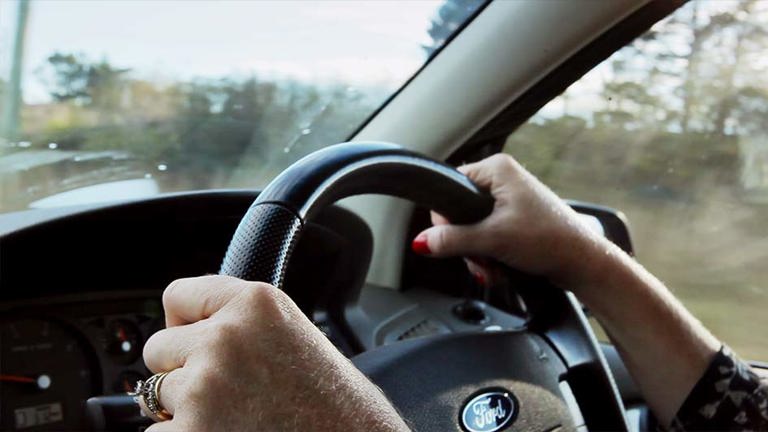While driver error is the number one cause of car accidents, poorly maintained vehicles also make a large contribution to the national road toll every year. Cars that receive little or no servicing are accidents waiting to happen and there are several components that are regularly neglected.
Tyres
Over or under-inflated tyres reduce a vehicle’s stability on the road. Under-inflated tyres can compromise handling and braking performance and cause the vehicle to aquaplane in wet conditions. Over-inflated tyres also affect handling and braking and can cause a blowout or rollover at high speed.
Part of general vehicle maintenance should be to regularly check the pressure in your tyres (at least once a month) and the amount of tread on them (at least 1.5mm) and replace them when they are no longer roadworthy.
Brakes
Brakes are not usually something you can inspect yourself, so they need to be tested as part of a regular service. However, there are early warning signs that you can detect yourself that indicate whether the brakes may be unroadworthy. These include:
- Sponginess in the brake pedal
- Vibration in the brake pedal
- Squealing, grinding or scraping noises when the brakes are applied.
The kinds of accidents caused by faulty brakes often include rear end collisions, runaway vehicles and accidents involving pedestrians, so brakes need to be inspected every time you have your car serviced.
Steering
This is another area that should be left to a mechanic, but just like the brakes, there are some clear indicators when there is a steering-related problem:
- Vibration or difficulty turning the wheel
- Looseness in the steering wheel
- Tendency for the car to wander on the road
- Screeching noise when turning the wheel.
Loss of control due to faulty steering can lead to a major accident such as a head-on collision, so your steering should be regularly serviced (power steering fluid levels) and inspected by a mechanic as part of a normal safety check.
Lights and indicators
These can be a common problem area and a frequent contributor to minor accidents. Because we cannot see them operating from the driver’s seat, we are often unaware when an indicator globe or a tail light has blown until another motorist points it out to us or we are pulled over by the police.
A blown rear tail light can be extremely dangerous at night, because the true width of the vehicle cannot be determined. Similarly, brake lights that don’t work mean a following vehicle has no indication that you are braking and the likelihood of them ploughing into the back of you is greatly increased.
Lights and indicators will normally be tested as part of a service and safety check, but you can also check them yourself with the assistance of someone standing at the rear of the vehicle.
Poor vehicle maintenance contributes to many accidents and fatalities on our roads each year and just as we have a duty of care to drive responsibly, it is also our responsibility to have our vehicles serviced regularly and maintained in a safe and roadworthy condition. Failing to do so could possible affect you car insurance, especially when it comes to accidents.




